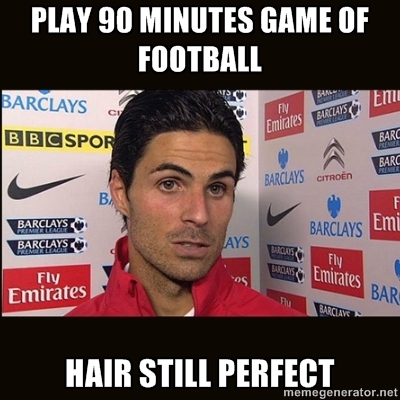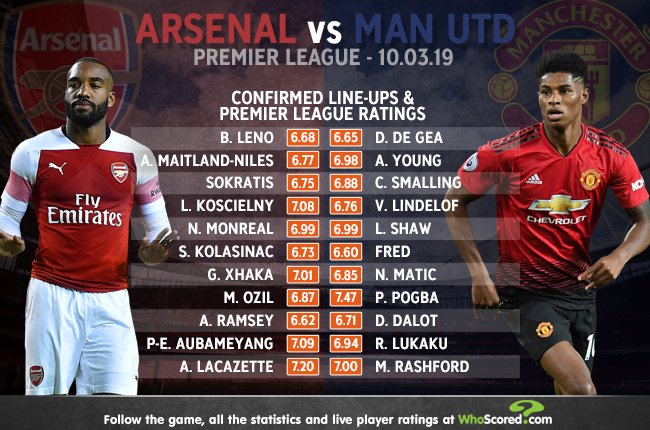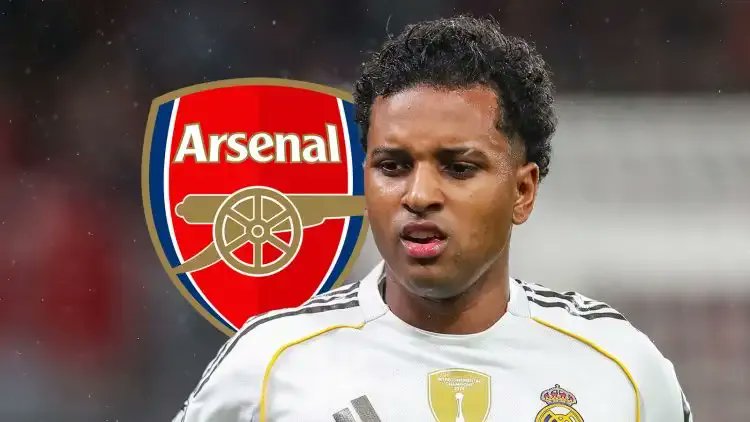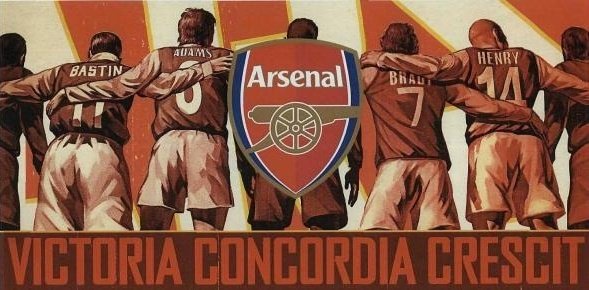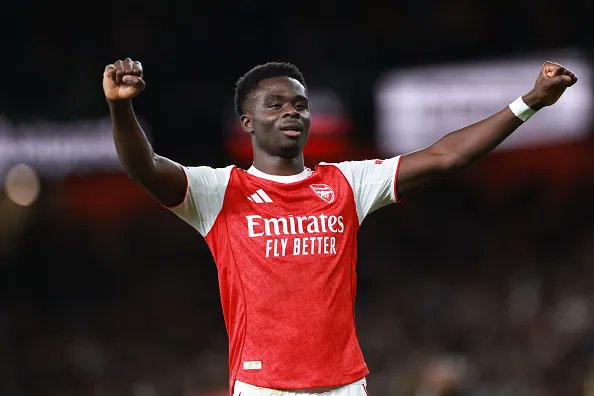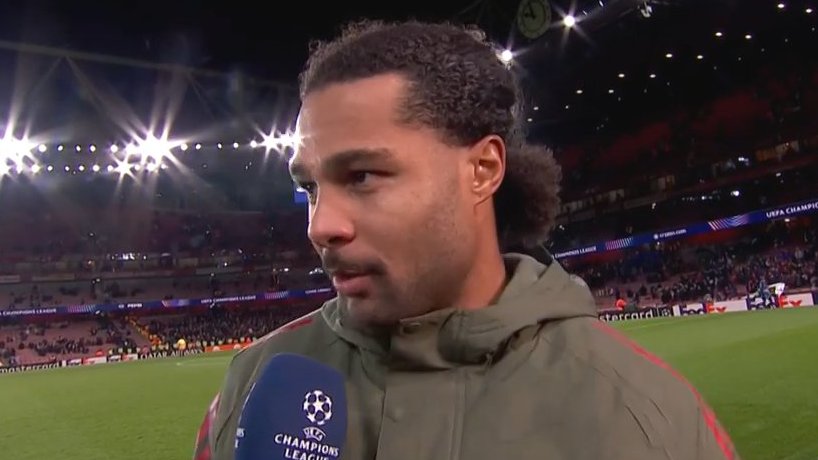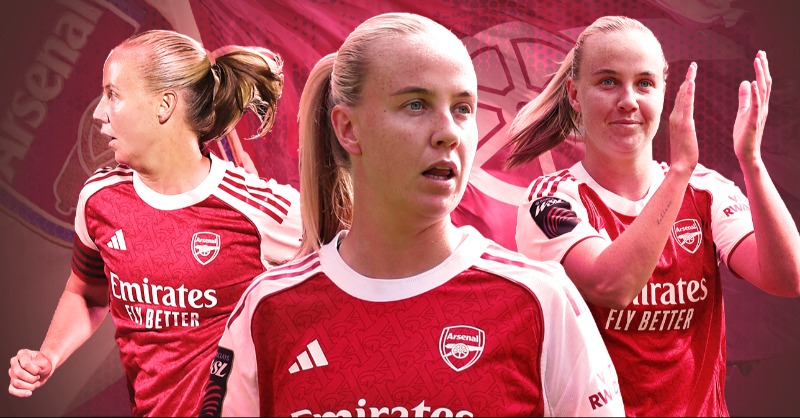Arsenal’s Transformation Under Arteta As Mikel Arteta celebrates his six-year anniversary at the helm of Arsenal Football Club, the narrative surrounding the team’s evolution is one of meticulous rebuilding and strategic foresight. Arteta’s tenure, marked by a dedication to developing a cohesive and competitive squad, has repositioned Arsenal as formidable contenders for major silverware. The…Continue reading Arteta’s 6-Year Arsenal Revolution
Arteta’s Arsenal: A Deep Dive
Arsenal’s Winning Streak Continues In the competitive cauldron of the Premier League, Arsenal’s recent 2-1 victory over Wolves has once again shone a spotlight on the team’s performance and strategy under the guidance of Mikel Arteta. This win is not just another notch on the belt for Arsenal; it’s a testament to the depth and…Continue reading Arteta’s Arsenal: A Deep Dive
Arsenal Eyes Bundesliga Talent
Arsenal’s Strategic Moves in the Transfer Market In the world of football, where the dynamism of a team’s squad can define the arc of their season, Arsenal Football Club is not sitting idle. The latest buzz from the corridors of the Emirates Stadium is the club’s keen interest in a particular Bundesliga talent, signaling a…Continue reading Arsenal Eyes Bundesliga Talent
Arsenal’s Youth League Reflection
In the world of football, the focus isn’t always strictly on the present. The future, particularly as it pertains to the development of young talent, holds an equally vital place in the heart of a club’s long-term strategy. Arsenal, a club with a rich history of nurturing young prospects into world-class talents, recently took a…Continue reading Arsenal’s Youth League Reflection
Neville’s Take on Arsenal’s Strategy
Gary Neville’s Insight on Arsenal’s Current Form In the wake of Arsenal’s recent performances, former Manchester United right-back and respected football analyst Gary Neville has weighed in on the current state of the North London club. Despite a mix of results that have left fans and pundits divided, Neville’s perspective offers a nuanced view of…Continue reading Neville’s Take on Arsenal’s Strategy
Arsenal’s Triumph Over Brentford
A Convincing Victory In a display that underscored their credentials as one of the Premier League’s form teams, Arsenal secured a convincing 2-0 victory over Brentford. This result not only cements their position at the sharp end of the table but also sends a clear message to their rivals regarding their intentions for the season.…Continue reading Arsenal’s Triumph Over Brentford
Arsenal’s Draw at Chelsea: A Deep Dive
In a match that was anything but ordinary, Arsenal’s visit to Stamford Bridge has become the talk of the town, not just for the on-field spectacle but for the repercussions that followed. The game, which ended in a draw, has been a focal point for discussions, debates, and analysis across various platforms. Let’s delve into…Continue reading Arsenal’s Draw at Chelsea: A Deep Dive
UEFA Sanctions Atletico After Arsenal Clash
UEFA’s Decision on Atletico Madrid In a move that reverberated through the football community, UEFA has taken a firm stance against Atletico Madrid, imposing sanctions on the Spanish club for the behavior of its fans during the recent clash against Arsenal. The incident, which caught the attention of football authorities and fans alike, has sparked…Continue reading UEFA Sanctions Atletico After Arsenal Clash
Arsenal Star Shines in Team of the Week
In a week where football narratives have been dominated by fixtures, injuries, and off-field dramas, one story that stands out for its sheer positivity is that of an Arsenal player’s resounding success. This week, the football world turned its eyes towards an individual achievement that not only reflects personal excellence but also highlights Arsenal’s influence…Continue reading Arsenal Star Shines in Team of the Week
Arsenal’s Youth Strategy Under Scrutiny
In the world of football, the development and nurturing of young talent are as crucial as managing the first team’s tactics on match day. Recent reports surrounding a Manchester United teenager’s mentality check following his transfer from Arsenal have brought the Gunners’ youth strategy back into the limelight. This incident not only raises questions about…Continue reading Arsenal’s Youth Strategy Under Scrutiny
